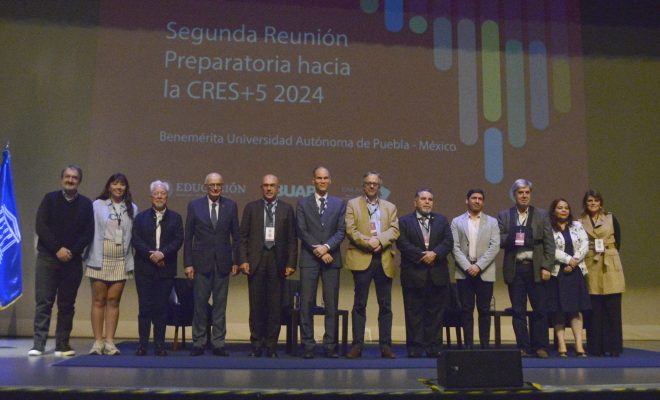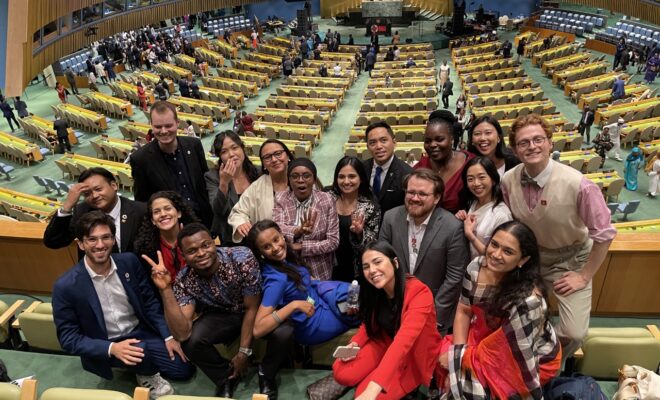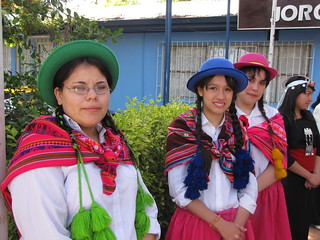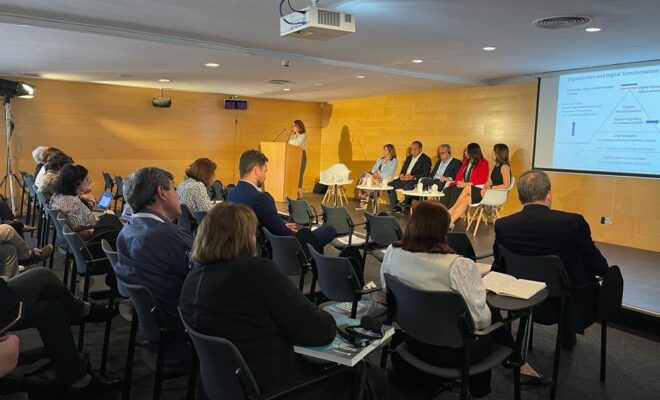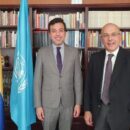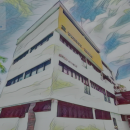UNESCO Chair promotes the eradication of discrimination in the region
The Initiative for the Eradication of Racism in Higher Education, a medium-term line of work (2018-2021) of the UNESCO ESIAL Chair “Higher Education and Indigenous and Afro-descendant Peoples in Latin America”, carries out a series of activities to promote eradication of all forms of racism and racial discrimination within and without the academic field. Commemorative events on the occasion of the International Day for the Elimination of Racial Discrimination (March 21), collaborative self-training workshops, a call for scholarships, seminars, colloquiums, are all events that lead to reflect and recommend proposals for public policies and institutional actions aimed at combating racism in societies and higher education institutions (HEI) in the region.
The next activity to be carried out is the seminar “Policies and Practices of Inclusion, Interculturality and Equity in Education” which will be in charge of the academics Daniel Mato and Anny Ocoró Loango and will be held at the postgraduate headquarters of the Universidad Nacional de Tres de Febrero (UNTREF), Buenos Aires, Argentina, from July 22 to 26, 2019. One of the most outstanding activities in the framework of this initiative is the realization, from November 6 to 7, 2019, of the sixth edition of the International Colloquium “Higher Education and Indigenous and Afro-descendant Peoples in Latin America”, which will feature papers from thirty universities in Latin America.
“Racism is a scourge that affects our lives much more than we realize, and despite the fact that we are in the 21st century, it still has an extraordinary validity”, says Daniel Mato in an interview conducted by the Universidad Nacional del Nordeste UNNE (University of the Northeast). In this context, these spaces support the exchange of ideas and reflections on the forms of racism and racial discrimination that in the 21st century persist in higher education systems: “both those that are openly visible in people’s behaviors, and those invisible, structural or systemic (…) Everyone is affected by racism (…). We are numb, and this affects our quality of life and the possibility of living in societies that could make us happier by being more equitable and less unfair”, says the academic.
Regarding the particular case of Argentina, where indigenous people represent 2.5% of the national population, Mato points out that Argentine schools and universities do not include their languages, their ways and their own knowledge, “What can universities do? They should try to offer a more intercultural training that integrates all their knowledge, a concern that was reflected in the documents issued by the Regional Conferences on Higher Education (CRES) 2009 and 2018″, he said.
For more information Eradication of racism in Higher Education
RELATED ITEMS
